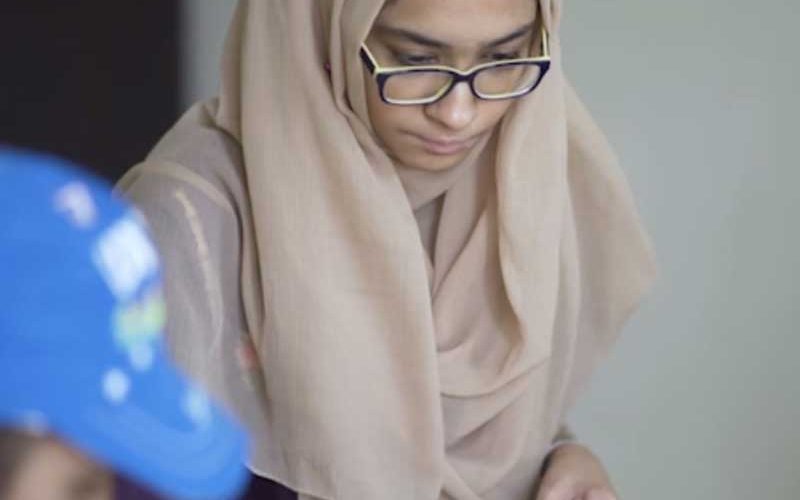ONCE OUR PATIENTS. NOW OUR HEROES: THE STORY OF MINAHIL
-
by
admin
Being told you have cancer and might not survive should shake you, but Minahil,17 years of age at the time, went completely numb. All she could think of was how she would console her sobbing mother.
A part of her refused to believe what had just happened. Hugging her mother, Minahil resolved to refuse treatment. She didn’t want to be a financial burden to on her family..
Minahil tried to keep things as normal as possible and did everything in her capacity to keep this diagnosis a secret from her friends. However, it wasn’t long before it was evident. Minahil wasn’t sure what she expected, but it certainly wasn’t what happened.
Her friends began to distance themselves from her, under the false notion that cancer was a contagious disease, not knowing what her condition really meant.
Minahil never really recovered from that shock. Despairing and lost, she closed herself off from the rest of the world. Then, her family was referred to Indus Hospital & Health Network.
She had every intention to resist the treatment once again, but then she was comforted by the doctors and nurses at IHHN. Observing the resilience and strength of all the young warriors at the Pediatric Oncology department at the Indus Hospital, Minahil, for the first time in a while felt hopeful again.
She decided to fight back.
The treatment wasn’t easy, as Minahil describes it. The first session had been relatively smooth, but then the aftermath of chemotherapy hit her. Her hair, that she had been so proud of, started to fall. She couldn’t sleep or eat, the fatigue of it all weighing on her.
“Regardless of how difficult the treatment was; I was able to get through it. All because of the wonderful people here at IHHN,” Minahil said. “IHHN became my second home, I still feel like it is.”
Minahil is now a strong survivor at 21 years of age, and has emerged as a spirited individual, studying hard to get her medical degree, citing the doctors that treated her as an inspiration. She’s actively working towards making a change, advocating for healthcare awareness, working with NGOs to help the youth of the nation, so that no child should have to suffer the consequence of disease like she had to.





